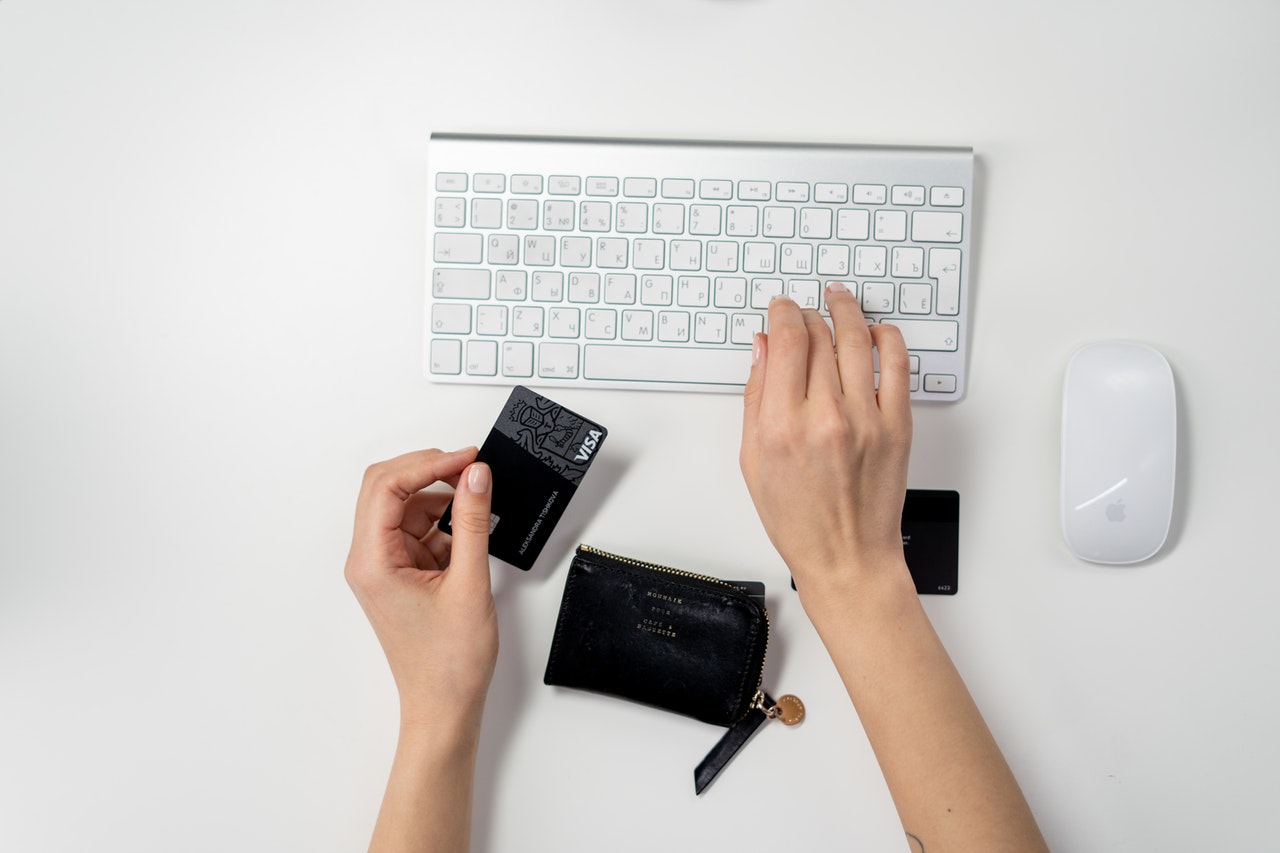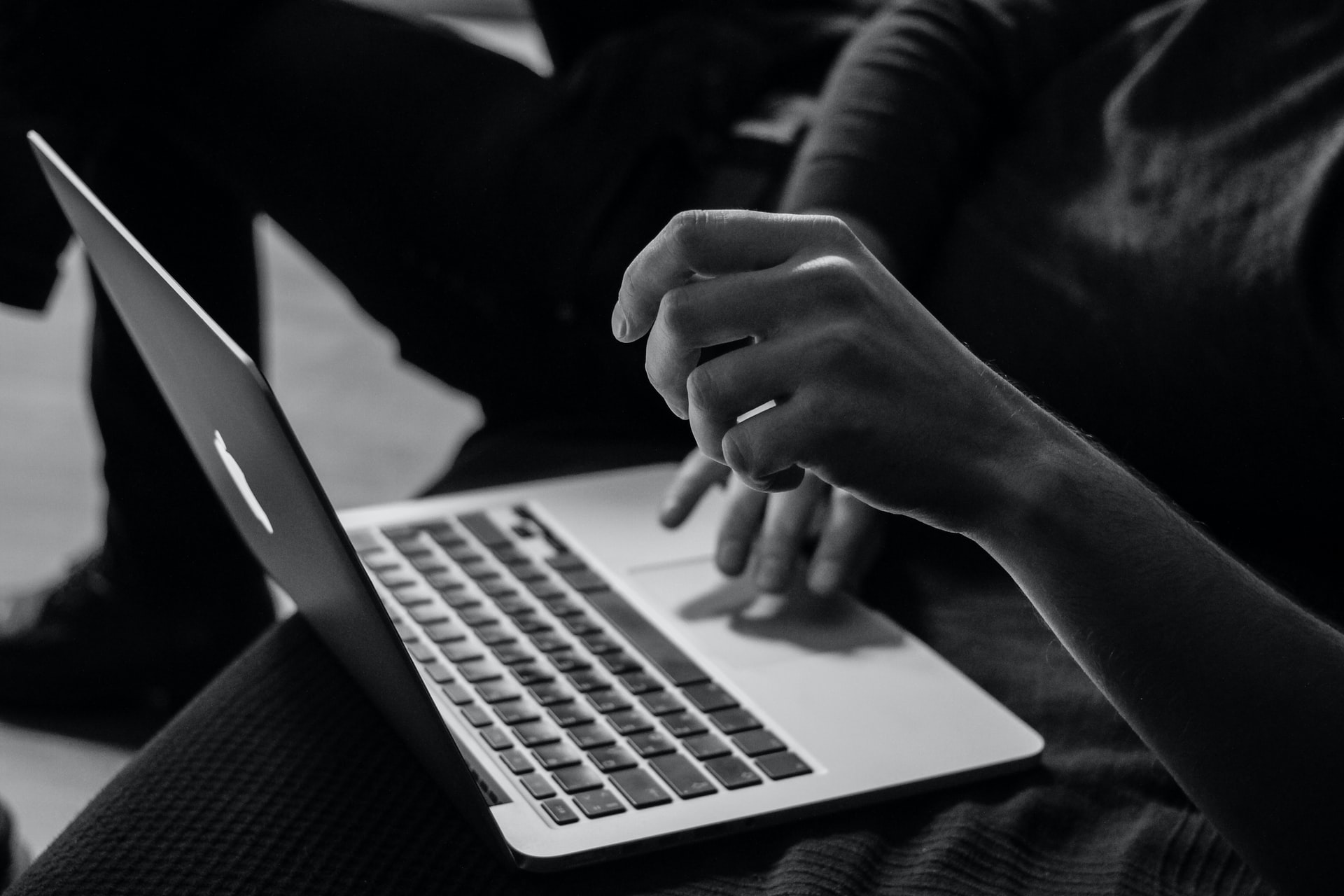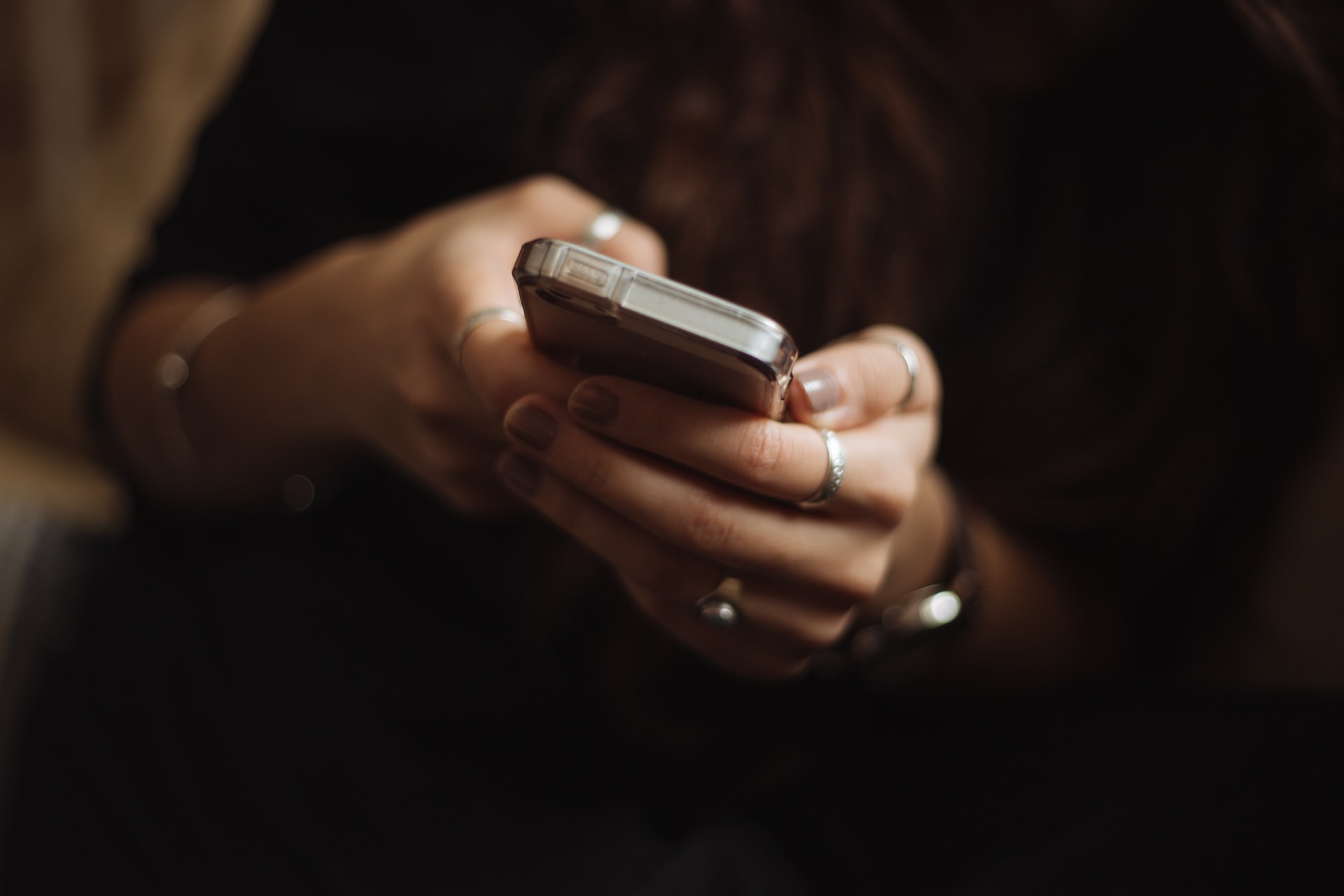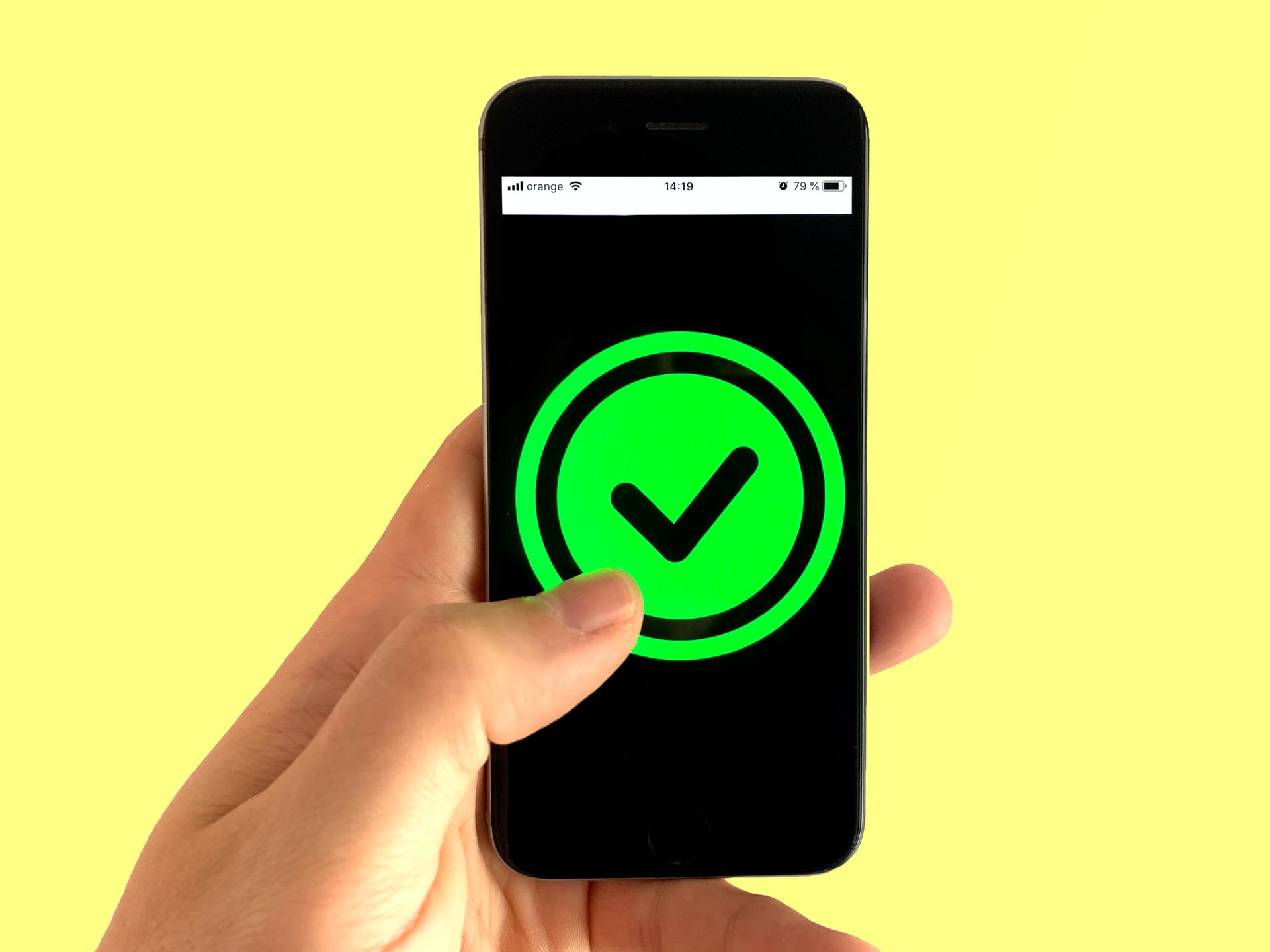Even a global pandemic can’t stop hopeful lovers from looking for their soulmates online.
While a majority of social activity changed during these unprecedented times, so did the landscape of dating, especially in regards to online dating. Rather than give up on romantic prospects, many singles have simply adapted, opting to increase their use of dating apps and turning to virtual dates in favor of in-person ones.
In passing, this shift may not seem that significant, but the culture of dating has actually changed a remarkable amount. Additionally, it seems that the trends that have emerged during the pandemic are likely to continue even when the viral threat has diminished.
Virtual Dates: A Safe and Convenient Alternative
Before the pandemic, conversations through online dating platforms typically led to in-person dates, but that reality has changed. Early on, when restaurants closed en masse, the practice had to change, and the number of dating app users who used video chats to connect with matches skyrocketed almost instantaneously.
Virtual dates allow users to get a better sense of their matches, taking in visual and auditory details to determine some elements of personality, physical appeal, and compatibility. While this alternative isn’t ideal for everyone, virtual dates are a safe, convenient, and low-stakes means of moving on from initial conversations through online dating. The trend of virtual dates may decrease when it is safer to meet in-person, but many people find this step to be beneficial in getting to know their matches without putting anything on the line.
Intimacy and Patience: Taking Things Slow
In many ways, the pandemic has forced us all to take a few steps back and pace ourselves. For remote workers, daily habits have stuttered to a halt, eliminating the need to get dressed in specific attire or commute to work. Because of this development, many of us have found that we have more time to simply talk or get to know other people.
The pace of relationship building has slowed considerably, extending the courtship process and allowing us to develop stronger connections than we might have pursued before. Romantic feelings can occur somewhat quickly, but with the pandemic restricting in-person contact with individuals, it’s easier than ever to build deeper attachments, which then promotes healthier relationships. This phenomenon is heightened by the increased tendency to talk at greater lengths and frequency with potential partners.
In such conversations, thanks to a significant lack of in-person contact, we are often more inclined to share deeper thoughts and feelings, subverting the expectations of small talk and allowing us to more intimately bond with others faster than before.
For some, this practice of self-disclosure can be uncomfortable, but psychologists have noted that this kind of honesty can contribute to greater feelings of love, commitment, and partnership. With fewer outlets for emotion and higher levels of stress, many singles have found it easier to express genuine feelings and sentiments with friends, family, and dates. The good news, too, is that when this happens, the people expressing themselves tend to find the gesture is reciprocated, leading to feelings of connection and solidarity.
The Future of Dating: Lower Financial, Emotional, Physical Stakes
While the current dating climate may not be considered normal, there are numerous benefits to these practices that will likely continue beyond the pandemic. In general, virtual dates and “slow dating” have lower financial, emotional, and physical risks than traditional dates. Without the stress of paying for meals or activities, not to mention the discomfort that can arise when a match doesn’t quite work out, singles have found that the trend of virtual dates is both convenient and comfortable.
In many ways, this trend is also considerably safer for individuals on a physical level. Online dating has historically caused concern regarding the practice of meeting strangers after chatting with them online, but virtual dates can help users safely and easily verify their match’s identity.
Recognizing that more and more users are signing up to use their services, dating apps are working to make sure users feel comfortable inputting information to help their algorithms make connections. Privacy has been a concern with various social media and online dating apps, so an influx of frequent users has brought greater attention to the need for a widespread boost of security standards.
However, there are still steps you should take to limit privacy risks when you use dating apps to protect yourself online. Dating apps can utilize location services if you want more localized matches, but to be safe, you can turn this feature off. Additionally, you should avoid including your full name as well as where you live and work, and don’t include pictures that feature your friends or children. It’s smart to keep your dating profiles and other social media accounts separate as the latter tend to include more private information that could be exploited by hackers or scammers.
While security measures on apps are slated to improve for the sake of an increasing pool of frequent users, it is important that you do what you can to protect yourself, as well. One step is by working with third-party platforms that work to make information more transparent online, like MyLife.com. When you can uncover information about someone — arrest records, court documents, negative reviews, their reputation, etc. — you ensure you have all the information you need to make the best decision about whether or not you should continue pursuing this relationship.
Dating during a pandemic is an uncommon experience, but online dating has made it possible to meet new people and make connections from the safety and comfort of our homes. While the pandemic will eventually end and in-person dates can safely resume, there is a strong chance that the trend of slow, virtual dating will continue.






